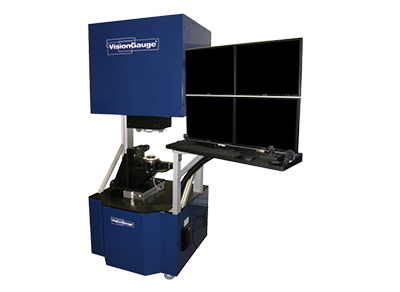Aug . 07, 2024 09:35 Back to list
Exploring the Benefits and Applications of 100% Polypropylene Materials in Filtration Systems
Understanding 100% PP Materials Filter Quality and Efficiency in Filtration
In an era where environmental sustainability and health safety are paramount, the demand for effective filtration solutions has led to the development of advanced materials. Among these, 100% polypropylene (PP) materials have gained significant traction, particularly in the manufacturing of filters. This article explores the benefits, applications, and characteristics of 100% PP materials filters, highlighting their crucial role in various industries.
What is 100% PP Material?
Polypropylene is a thermoplastic polymer used widely in various applications due to its durability and resistance to chemicals and moisture. When we refer to 100% PP materials, we mean that the filters are made entirely from polypropylene without any blends with other polymers. This purity in composition enhances the performance and reliability of the filters, making them suitable for critical applications.
Advantages of 100% PP Filters
1. Chemical Resistance One of the standout features of 100% PP filters is their remarkable resistance to a wide range of chemicals. This makes them ideal for industries that handle corrosive substances, such as pharmaceuticals and chemicals. The ability to withstand aggressive environments ensures longer service life and reduced replacement costs.
2. High Filtration Efficiency Filters made from 100% PP materials are designed to provide high levels of filtration efficiency. They can capture a wide array of particles, from dust and debris to bacteria and contaminants, ensuring that the end product is pure and safe. This quality is especially vital in sensitive applications, such as in the food and beverage industry, where contamination could have serious health implications.
3. Temperature Tolerance Polypropylene can withstand a range of temperatures, making it suitable for various environments. This durability ensures that filters maintain their integrity and performance under both ambient and elevated temperatures, enhancing their versatility across applications.
4. Lightweight and Cost-Effective Compared to other materials, polypropylene is relatively lightweight, which simplifies handling and installation. Additionally, the cost-effectiveness of PP materials makes them a popular choice among manufacturers, providing a balance between performance and affordability.
100%pp materials filter

5. Environmental Considerations As global awareness of environmental issues grows, the recyclability of materials is becoming increasingly important. PP filters can often be recycled, reducing their environmental footprint. Choosing sustainable filtration options aligns with the broader goals of reducing plastic waste.
Applications of 100% PP Filters
The use of 100% polypropylene filters spans numerous industries
- Water Treatment In municipal and industrial water treatment facilities, 100% PP filters play an essential role in purifying water by removing sediments and contaminants, ensuring compliance with health regulations.
- Pharmaceuticals In the pharmaceutical industry, filtration is critical to prevent contamination. PP filters are used in processes that demand strict hygiene standards to safeguard product integrity.
- Food and Beverage In the food industry, these filters help maintain product quality by ensuring that substances such as oils, syrups, and beverages are free from unwanted particles.
- HVAC Systems To enhance indoor air quality, 100% PP filters are used in heating, ventilation, and air conditioning systems, capturing dust, pollen, and allergens.
Conclusion
In conclusion, 100% polypropylene materials filters stand out as a reliable choice for effective filtration across a variety of crucial applications. Their combination of durability, chemical resistance, high filtration efficiency, and lightweight nature makes them indispensable in industries where quality and safety are paramount. As advancements in material science continue, 100% PP filters are likely to play an ever-increasing role in meeting the filtration needs of the future, providing sustainable options that align with global environmental goals. The ongoing commitment to improving filtration technology ensures that industries can operate safely and efficiently, fostering a healthier planet for all.
-
Cheap PLJY109-500 Full-Auto HDAF Expanded Mesh Spiral Coiling Machine - High Efficiency & Quality Manufacturer
NewsJul.08,2025
-
Best PLHJ-6 Full-Auto Eco Filter Rotary Heat Plating Machine - High Efficiency & Eco-Friendly Solution
NewsJul.08,2025
-
High-Efficiency Paper Pleating Machine for Filters Trusted Filter Paper Pleating Machine Company
NewsJul.07,2025
-
High-Performance Oil Filter for Cadillac ATS – Reliable Engine Protection Solutions
NewsJul.07,2025
-
High Quality PU Glue for Filters – Reliable Filter Glue Supplier & Exporter Get PU Glue Quotes Now
NewsJul.07,2025
-
China PLJL-4 Seal Leakage Tester for Spin-On Filter - High-Precision Multi-Station Testing Solutions
NewsJul.06,2025
